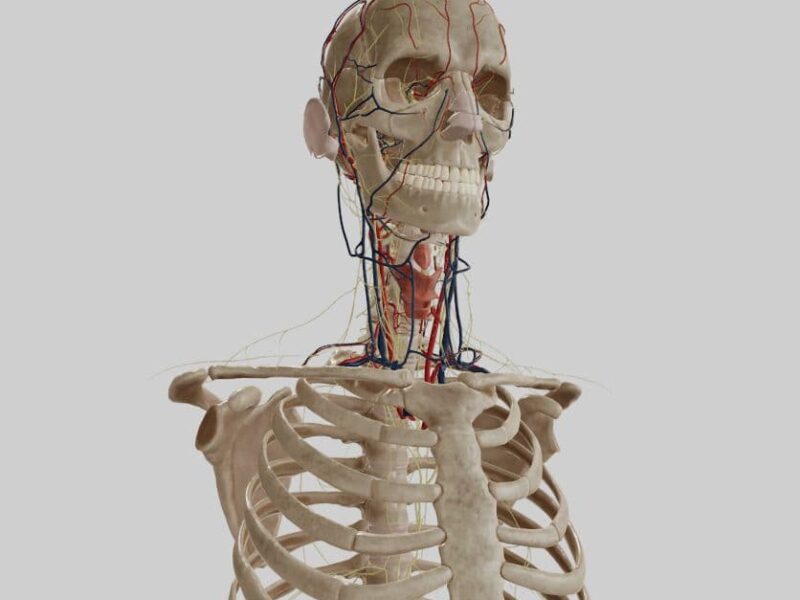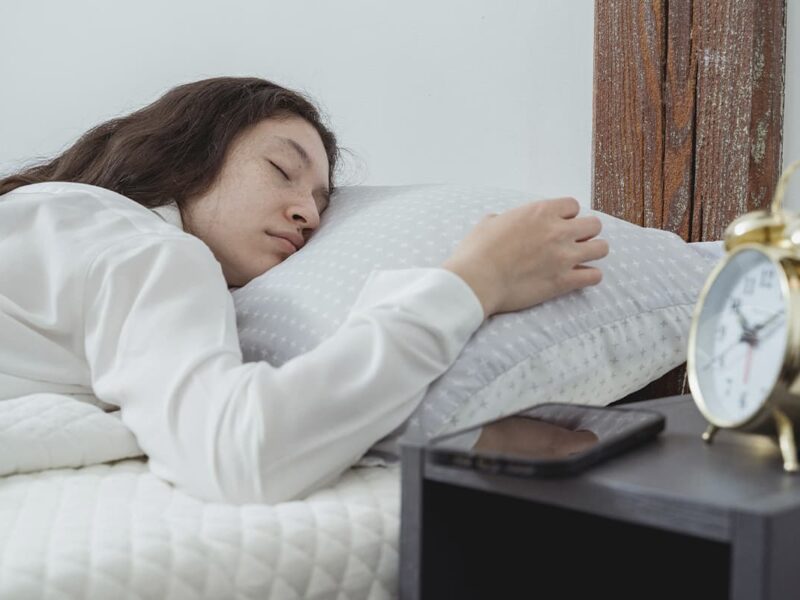The authors of a new study have shown that our subjective sense of control arises from competition between two parallel learning processes. One of them puts us in the place of the “spectator”, the other – in the place of the “actor”, and the brain processes both and chooses the one that more accurately predicts the situation.
Sometimes it can be difficult to know if we can control a particular situation. Many factors affect this ability, including our mental state. Often high levels of stress, anxiety, and depression weaken our sense of control and lead people to believe that none of their actions matter, even if they really don’t.
For several decades, scientists have been trying to uncover the cognitive mechanisms that provide a sense of control. Now researchers from Portugal and the Netherlands have come closer to unraveling it. The cognitive mechanism they described in a paper published in the journal Nature Human Behavior has not previously been considered by scientists.
The authors designed a special experiment in a virtual reality space. It consisted of a house with several doors in each room. It was possible to move around the house in one of two scenarios. In the first, “controlled” scenario, the color of the door depended on which room it led to (for example, a yellow door always led only to the bathroom and a pink door led only to the living room). In the “unmanaged” house, the order of the rooms was fixed (any door in the kitchen could only lead to the bathroom, from the bathroom only to the living room).
As the participants moved around the virtual house, the scientists switched between the “controlled” and “uncontrolled” house scenarios without their knowledge. The test subjects walked around the house for a while, after which they had to answer a question asking which rooms were behind the two doors in front of them. If the volunteers did not feel in control, they answered that both doors led to the room they were supposed to get to according to a fixed scenario. Otherwise, they pointed to different rooms behind the doors that matched their color.
The scientists attributed the results to the fact that the participants’ brains were undergoing two parallel processes of learning the roles of “actor,” who could choose which room he or she wanted to go to based on the color of the door, and “spectator,” who got to the room determined by the sequence. As the scenarios changed over the course of the experiment, the brain constantly compared the results of the “actor” and “spectator” models to determine which one gave a more accurate prediction.
A stressor – weak electric shocks – was then added to the experiment to test its effect on the sense of control. Participants who received more shocks tended to take a “spectator” position. The higher their initial stress level was, the more they were affected by the stimulus. At the same time, people who could take action to avoid being hit were better at implementing the “actor” model of behavior.
The researchers proposed two hypotheses to explain this result. First, high levels of stress may trigger emotional processes that impair cognitive task performance. Second, under conditions of stress, the role of “spectator” seems more rational, since experience shows that the situation is uncontrollable



